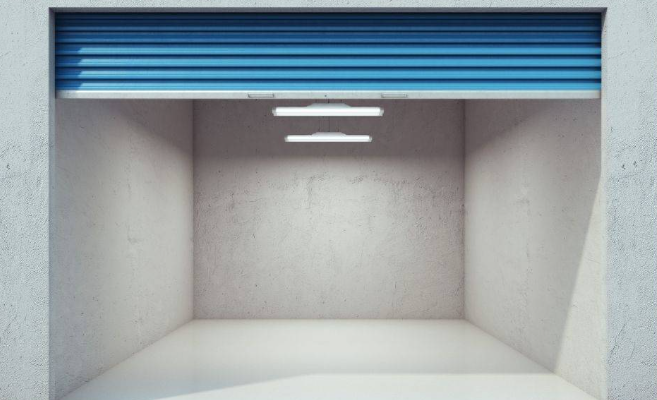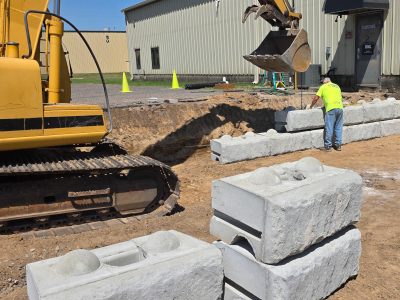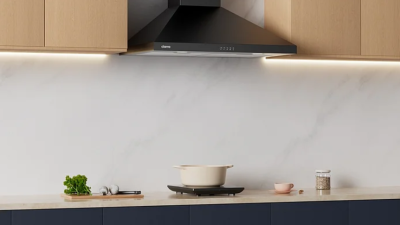Living in a storage unit may seem like an unconventional solution to housing challenges, but it raises critical questions about legality and safety. While storage units are designed for the temporary storage of belongings, some individuals have explored the option of residing in these spaces due to various circumstances. It’s essential to understand the legal implications and potential consequences associated with such a choice.
- Lease Agreements and Property Regulations:
Storage facilities operate under specific lease agreements and property regulations. These agreements are explicitly designed for the storage of inanimate objects, not as living spaces. Violating the terms of a lease agreement by using a storage unit as a residence can result in eviction and legal repercussions.
- Zoning Laws and Building Codes:
Zoning laws and building codes dictate how properties can be used and what structures can be erected. Living in a storage unit typically violates these regulations, as storage units are not intended or equipped for human habitation. Authorities may intervene if such violations are reported, leading to fines, eviction, or both.
- Fire and Safety Hazards:
Storage units lack the safety features required for residential spaces, such as proper ventilation, emergency exits, and fire suppression systems. Living in a storage unit poses significant safety risks, not only for the individual but also for neighboring units and the overall facility. Fire hazards, in particular, can result in severe consequences.
- Health and Sanitation Concerns:
Storage units are not equipped with facilities for personal hygiene or waste disposal. Living in such confined spaces can lead to unsanitary conditions, posing health risks to the individual and potentially impacting the well-being of others in the vicinity. Local health authorities may intervene if violations are identified.
- Legal Consequences:
Engaging in unauthorized residence within a storage unit can result in legal consequences, including fines, eviction, and even criminal charges. Authorities take such matters seriously due to the potential risks and violations of property and safety regulations.
Conclusion: Exploring Legal Alternatives
While living in a storage unit may seem like a temporary solution, it is essential to recognize the legal and safety risks associated with this choice. Instead of resorting to unconventional living arrangements, individuals facing housing challenges are encouraged to explore legal alternatives, such as shelters, affordable housing programs, or community support services. Understanding and respecting the laws and regulations governing property use are crucial for maintaining personal safety and avoiding legal complications.
This post was written by a professional at Greenbar Storage. Greenbar Storage has a wide range of storage units available in Prineville, Oregon. They offer a variety, including ground-level access, security cameras, 24/7 accessibility, and parking spaces. Locally owned and operated, we are the best choice for convenient and clean storage units Prineville Oregon. All of our commercial storage clients accept deliveries from businesses.










Comments